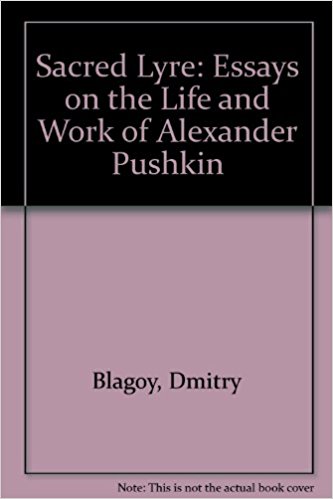The decision by the Progress Publishing House to take up the translation of major Soviet literary critics is a very wel¬come one. Recently Viktor Shklovsky’s well-known book on L. Tolstoy appeared in the Indian market, and now we have a work by an eminent Pushkin scholar, Blagoy. This move is all the more welcome as interest in Russian and Soviet literature is on the increase. Simultaneously, the availability of these books might, hopefully, attract those of our literary scholars who have been basing their opinions about Russian litera¬ture primarily on the literary scholarship available to them from the Western world. Whether it is just a remnant of the colonial hangover with its supercilious attitude to¬wards anything coming out of the ‘Eastern bloc’ or due to the paucity of material is anyone’s guess.
Nov-Dec 1983, volume 8, No 3

